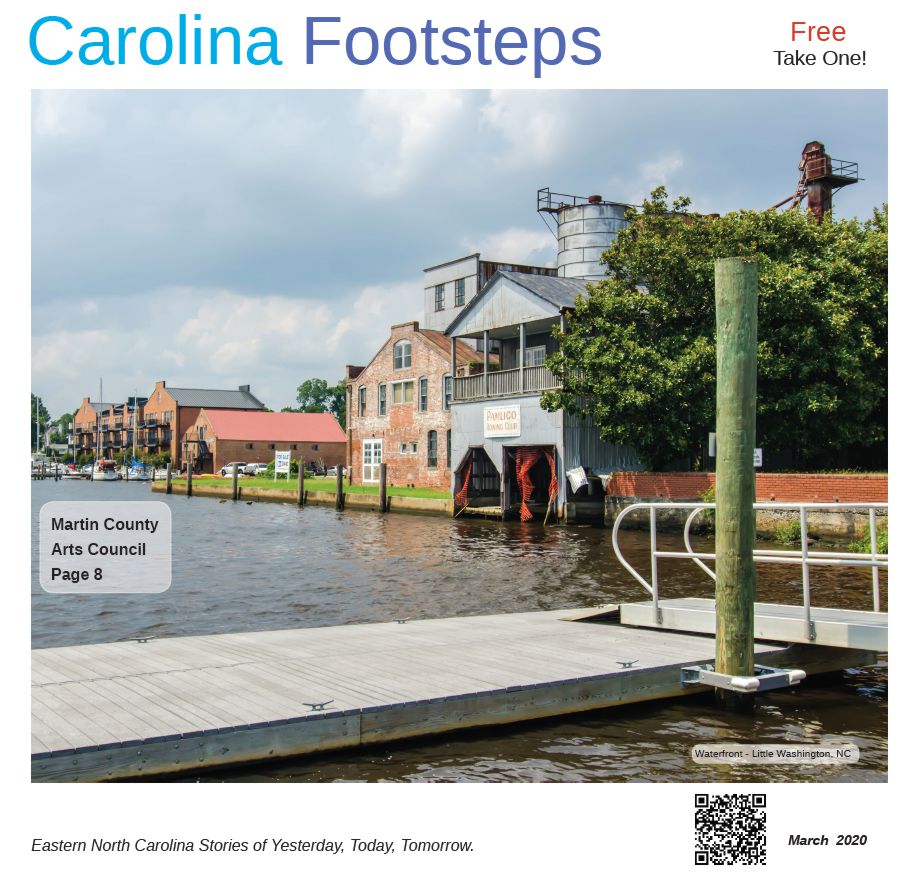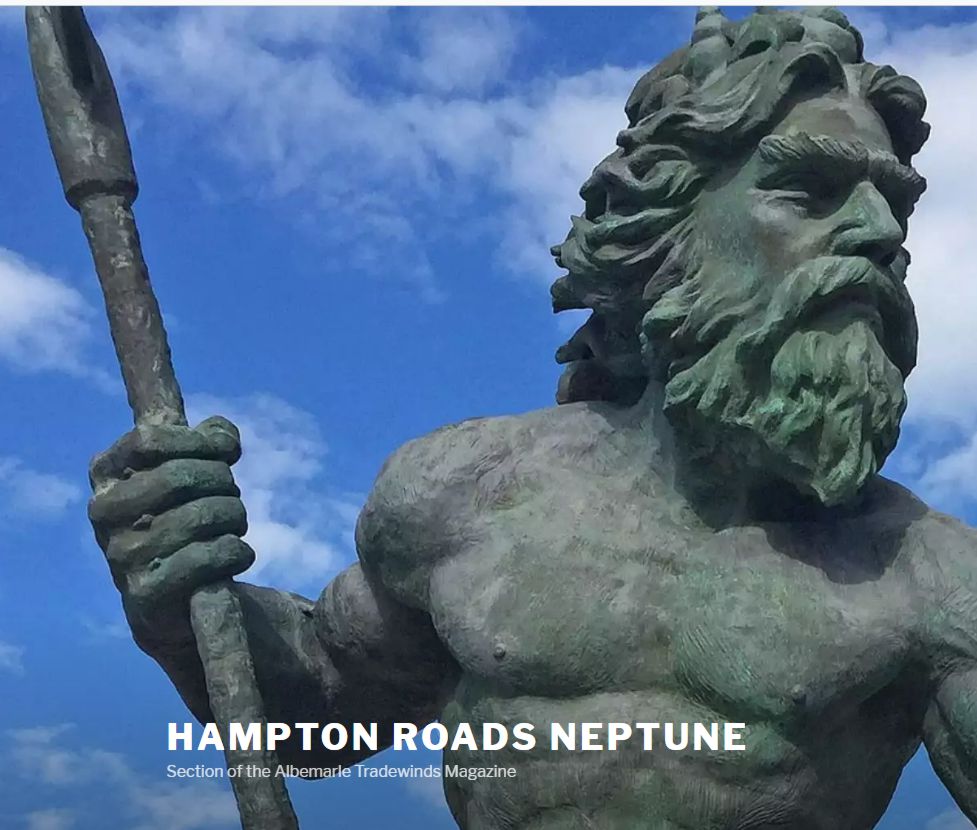THE 1863 RAPE AND ATROCITIES OF NORTHEASTERN NORTH CAROLINA ( or Wild's Raid though Northeastern North Carolina) by Dr. Dave
THE 1863 RAPE AND ATROCITIES OF NORTHEASTERN NORTH CAROLINA ( or
Wild's Raid though Northeastern North Carolina) by DR. DAVE Strategically,
President Jefferson Davis and his administration had written off Northeastern
North Carolina (NENC) early in their war planning. It is hard to say
why. Maybe, the unique geography seemed too difficult to defend with naval and
land forces (combined operations were still in its infancy), or more than
likely,
the decision was purely political in
that Davis may have never trusted North Carolina as the state was lukewarm toward the
idea of a confederacy from the beginning. Northeastern North Carolina was even
less than lukewarm. Certainly, Northeastern North Carolina had a strategic
value in the sense that the region could produce ships and defend Norfolk,
a strategic port city for resupplies via the Dismal Swamp Canal,
and send vessels into the Atlantic from the Outer Banks. Also, choke points,
such as Oregon Inlet, were easily defended by coastal
fortifications and naval forces. Why the Davis administration decided not to
focus on Northeastern North Carolina is a mystery as he never made any public
statements on the decision. Certainly, Davis had the ability to think outside
the box, as he had demonstrated while serving as the Secretary
of War. As Secretary of War, Davis did approve the first US Camel Corps in
1856. The unit was active from 1856 to 1866. While the experiment was somewhat
successful, horses and mules eventually took the place of camels as the
soldiers were better able to control horses and mules. Plus, the skill set to
control camels was never fully developed. The experiment was disrupted by the
Civil War and never had any political support as Jefferson Davis became the
President of the Confederacy. The approval does show a willingness to think
"out of the box". Maybe the value of NENC was never presented to
Davis and cabinet, or the Davis war policy was: "We are defending our
natural rights, and, therefore, our military goals must be purely defensive in
nature." For whatever reason, Davis' medieval "capture anything but
Richmond" war policy left places like Northeastern North Carolina wide
open to be occupied by heartless men such as General Benjamin "the
Beast" Butler and his fellow Massachusetts traveler, General Edward A.
Wild. Both men lived up to their Puritan
training and background. Together, they wreaked havoc upon the Southern people
of NENC just as had their ancestors had upon Cavaliers generations before
in England.
Roanoke Island fell to Union forces on Feb. 8, 1862, and the
Mosquito Fleet made a last stand in the harbor of Elizabeth City on Feb.
10, 1862. These battles paved the way for military occupation by the likes of a
Union Brigadier General, Edward A. Wild, under the direct
command of General Benjamin "the Beast" Butler leaving a handful of
Camden Confederate resistance fighters to keep the Puritan monsters in check.
Wild and Butler were political generals. or what some call today "perfumed
princes." Perfumed princes are men
who never see action but get the same status as those who do. These two men
created much devastation to Northeastern North Carolina.
A newly formed troop under Wild was established from
runaway slaves and local buffalo soldiers. Buffalo soldiers were local runaways
slaves and noted renegades with Northern sympathies. These forces conglomerated
into the 1st and 5th volunteer and the 1st and 2nd North Carolina Volunteers
under the umbrella unit of the United States Colored Troops (USCT).
Wild's combined units totaled more than 1,800 troops. The combination of Beast
Butler and Wild concludes only one descriptive word to explain their occupation
of NENC: ravenous. Both men had political ambitions like many scoundrels
throughout history. Most newspapers and later historians consider Wild and
Butler to be men of "no mercy."
Butler even thought of his own newly formed troops as contraband. Butler
had completed the organization of the terror. Now, Wild could be unleashed into
the interior of NENC. During Wild's raid through NENC counties ,
Pasquotank and Perquimans, Wild turned his attention to Suffolk, Va., and
created a path of destruction each step of the way. Every building and farm,
which passed through the glaze of Wild, was burned or ransacked. Troops
under Wild stole whatever they wanted and torched most of NENC counties and the
counties bordering the Albemarle region. Not since Visigoths sacked and burned
Rome had civilized people witness so much destruction as was the case in NENC.
Many contemporaries of Butler and Wild and, later, historians wrote:
(paraphrased) Probably, no expedition, during the process of this war had
attended with more utter disregard for the traditional uses of civilization or
the dictates of humanity than your (Wild) late raid into
northeastern North Carolina and counties bordering the Albemarle. Your stay,
though short, was marked by crimes and enormities. You(Wild) burned houses
over the heads of defenseless women and children, carried off private
property of every description from furniture, jewelry, silverware, crops, food,
and livestock. You even arrested non-combatants and carried off women in
irons. During one of the destructive raids, the ruthless and selfless men under
Wild encountered a skirmish. A small band of Wild's Raiders were napping, and
they were either captured or killed by the combined forces of the
62nd and 68th NC Troops, joined by the naval squadron from the soon-to-be-famous
ironclad "The Albemarle." The Raiders were caught bivouacking at 5:00
a.m. The Confederate units aggressively closed in and surrounded the bivouacked
area. A small skirmish ensued. The Raiders were either killed, wounded, or
captured. The captured Raiders were sent off to prison. The skirmish was a
statement to both Wild and Butler that raids against civilians would not
be tolerated anymore. Further, it demonstrated to the Northern occupiers
that the local forces could still muster a resistance. Butler and Wild
skedaddled out of NENC only to find later more work as occupiers in New
Orleans, certainly not as gentlemen in battle. To take a line from the Outlaw
Josey Wales, "There is no end to doing good." One can only guess the mentality of these
political generals. Squarely in the eye of the storm,
was a place of refuge, Oak Grove Methodist Church. The Church had been in
operation since 1814. The land to build it had been acquired from the
family of Dr. Walter Reed. The church served as a hospital for the Confederate
and Union soldiers alike. The church is still in operation today and is located
on Chaponoke Road, Hertford, NC. Ending this essay at Oak Grove gives one
insight into the respect the people of the South had for life. Let's
review and ask if Wild or Butler would have cared for
wounded Confederate troops or civilians caught in need. Certainly, this doesn't
seem to have been the case; two women were raped on Poindexter St in
Elizabeth City during the middle of the day on two different occasions. The
atrocity was committed by Butler's staff. Butler did nothing. Transition
to Oak Grove Methodist Church, which was treating soldiers from both
sides as needed just a few miles away. Enough
has been said; it's no wonder that many in the South call
the Civil War "The War of Northern Aggression" or "Mr. Lincoln's
War". As Shakespeare's Henry V stated, "for when lenity and cruelty
play for a kingdom, the gentler gamester is the soonest winner." How many
people in modern America retire in Massachusetts? Now, exactly who won this
war?
THE 1863 RAPE AND ATROCITIES OF NORTHEASTERN NORTH CAROLINA ( or Wild's Raid though Northeastern North Carolina) by Dr. Dave
![THE 1863 RAPE AND ATROCITIES OF NORTHEASTERN NORTH CAROLINA ( or Wild's Raid though Northeastern North Carolina) by Dr. Dave]() Reviewed by Albemarle Tradewinds
on
8:31:00 PM
Rating:
Reviewed by Albemarle Tradewinds
on
8:31:00 PM
Rating:






No comments: